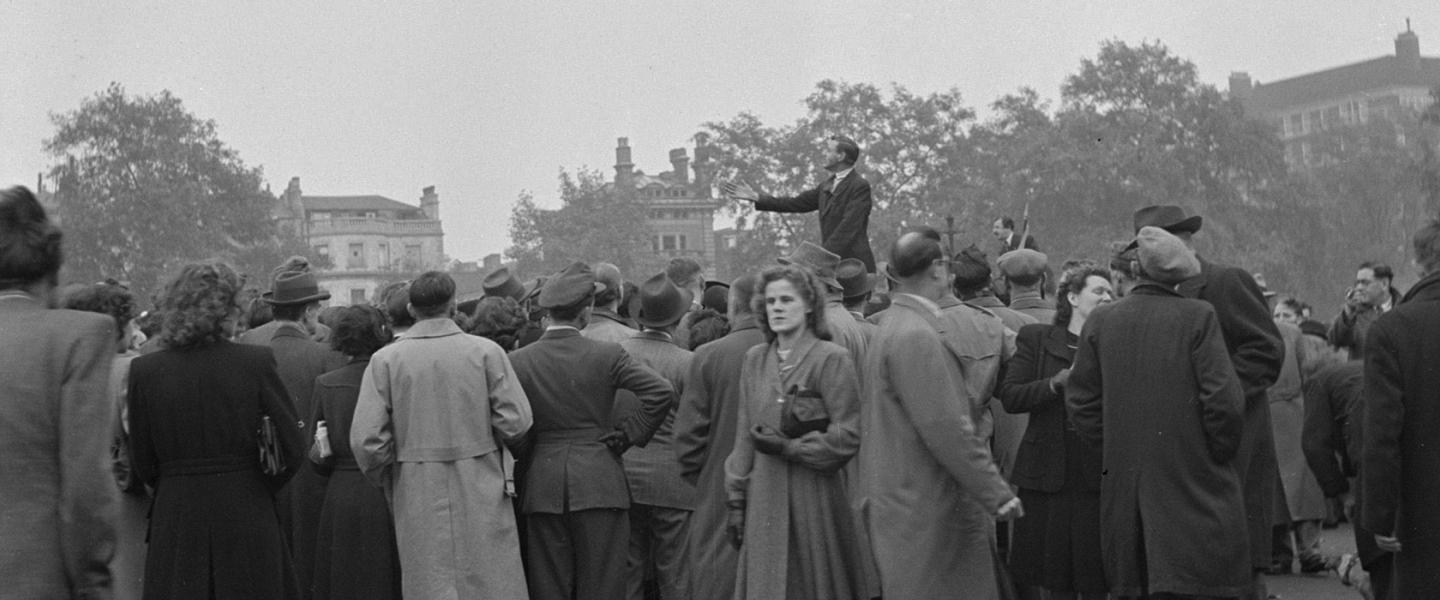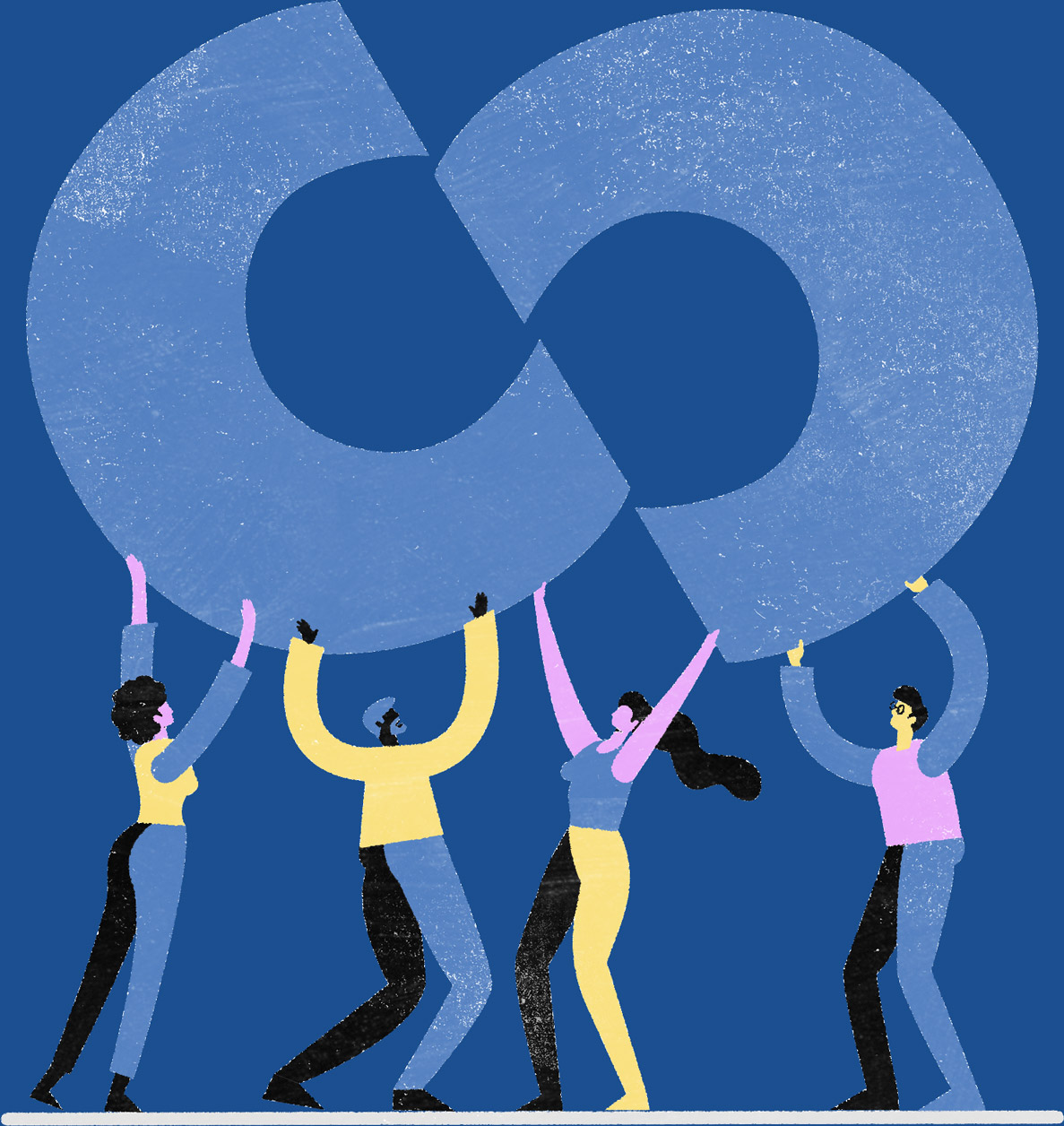
What is Civility?
In a recent Café Columbia, Professors Emmanuelle Saada and Nadia Urbinati led a timely discussion on the history of and role of civility in personal and public discourse.
In this excerpted clip, they consider college campuses as extensions of civil society and the relationship between civility and knowledge. Listen above or read the transcript below.
Professor Saada: My next question was really about the concrete contemporary examples that come to our minds when we think about the deficit of civility, which are the discussions on the internet and also campus discussions: life on campus and the debate that students and faculty can have on campus. So these are two places, in a way, that are extremely high on emotions. People go with their emotions, and maybe there is a sense of a lack of control of emotions in those two spheres. And, in a way, maybe a lack of separation between our very private inner lives, emotional life, and the life we live as members of those communities, however transient they are.
Professor Urbinati: Yes, it is particularly so because sometimes, many times, when we talk about ideas, we really put our passions in our talking because we spend much time reading and thinking and reflecting, that when we enter in conversation, we enter in conversation with all the baggage of our feelings and emotions. So, practically, the campuses, universities, are an extended civil society in which we, from morning to night, interact in a way that implies very many differences, disagreements, and the ability to deal with different ideas. And yet, to keep our mind open to dissent and to the possibility for us even to change our ideas and to divest our passions from the ideas we used to have.
So it is an important training of civility, on the one hand, but also knowledge, on the other hand. So civility and knowledge in the university, go together. Because they designate a climate, civility in particular, in which we always keep open the door to new possibilities of knowledge. And this implies that, while we respect others, we also open the door to the possible change of our own vision. This may be destabilizing for many of us who want to have an identity that is somehow certain, steady, and not so easy to be contested.
So the question is one, as you said, of self-limitation. Self-limitation is an exercise, a training capable of making, in relation to others in a profitable way, but also, in an honest way, in relation to the life of the mind. Because in some sense, thanks to civility, we enter in relation with many other ways of thinking and beliefs. It is an open door to new knowledge, so it is important to keep it open.
Interested in the whole event? View the talk in its entirety.
Recommended Readings
Marcus Tullius Cicero, On Duties (44 BC)
Giovanni Della Casa, Galateo of Manners and Behaviours (1558)
Jean Bodin, The Six Books of the Republic (1576)
Michel de Montaigne, Essays (1570-1592)
Thomas Hobbes, On the Citizen (1642) and Leviathan (1651)
John Locke, Second Treatise on Civil Government (1689)
David Hume, A Treatise of Human Nature (1738)
Jean-Jacques Rousseau, Discourse on the Origin and the Foundations of Inequality Among Men (1755) and The Social Contract (1762)
Hannah Arendt, The Human Condition (1958)
John Rawls, A Theory of Justice (1971) and Political Liberalism (1995)
Richard Rorty, Contingency, Irony, and Solidarity (1989) and Achieving Our Country: Leftist Thought in Twentieth Century America (1998)
Richard Boyd, “The Value of Civility?” Urban Studies, Vol. 43, Nos 5/6, 863– 878, May 2006
Eric Brown, “Rawls and the Duty of Civility” in Locations of the Political, ed. S. Gorman, Vienna: IWM Junior Visiting Fellows Conferences, Vol. 15 (2003)

Please log in to comment.